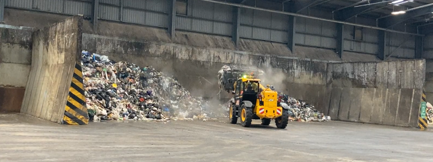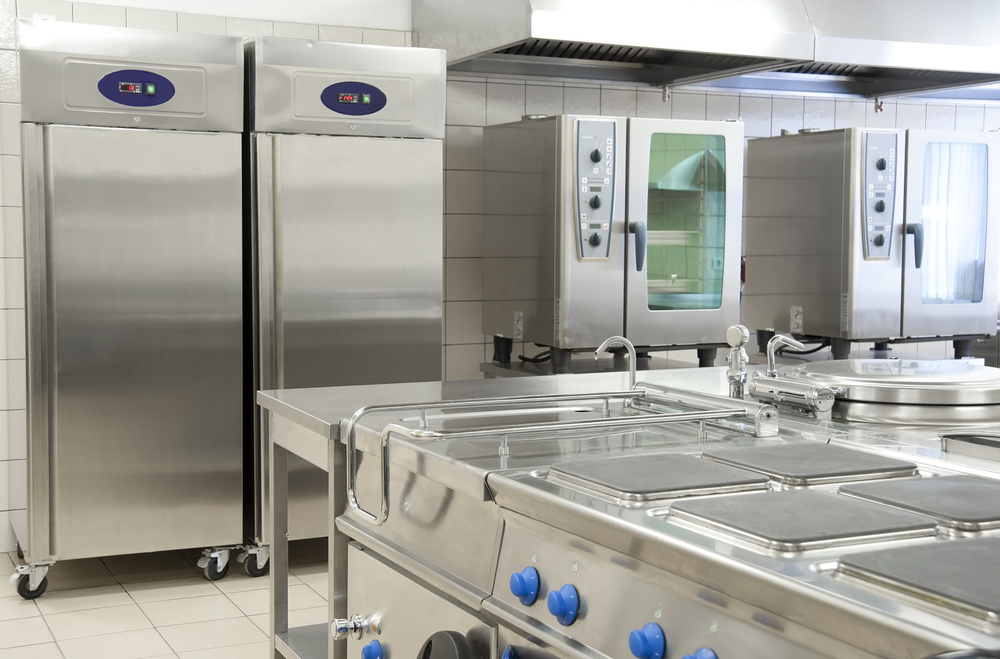
4 Courses

Odour management
Acuity Testing - East Hendred, Oxfordshire - 26 February 2026
Fee = £255.00 plus VAT or 3 credits or £265.00 plus VAT for non-members
Our odour acuity training & certification services provide a standardised framework for assessing an individual’s odour sensitivity to the reference compound N-butanol as indicated by Defra’s odour guidance (2010). The assessments are typically carried out over a single two-hour period in accordance with the panellist requirements of BS EN 13725.
Following the assessment, each individual’s sensitivity to the reference odorant is calculated and a certificate is issued. Confirmation of an individual’s sensitivity to odour is a valuable tool for many professionals including:
• Environmental Health Officers
• Any operator responsible for odour evaluation within their organisation
• Environmental and Air quality consultants conducting odour impact assessments (IAQM odour guidance)

Odour management
Odour from Waste Processes
This is a pre-recorded mini webinar, appox. 30 minutes long, available until 31 March 2026.
Fee = £65.00 plus VAT or 1 credit
Trainer = Patrick Harland
This mini-webinar considers odour from waste management facilities. Exploring the processes which take place on the sites, the areas in which potential odours can arise and the potential mitigation or management procedures often used to reduce the impact of these sites. There is also discussion on the management of waste sites with planning and the processes around dealing with when a site is causing a nuisance. The session will cover a range of different waste sites including, landfills, civil amenity sites/household recycling centres, waste transfer stations, composting facilities, and more. These sites will be detailed looking at how the factors which would influence complaints, frequency, intensity, duration, differ from each of these types of sites and how some practices may result in these factors having more of an impact.

Odour management
Planning and Commercial Kitchen Guidance - Updated
This is a pre-recorded webinar available until 31 March 2026. Estimated duration of this webinar is 5 hrs.
Fee = £99 plus VAT or 2 credits.
Trainer = Tim Glews and Nigel Gibson
This advanced webinar considers the management and control of odour and noise from commercial kitchens. The webinar will consider the operational factors which define the scale of an extraction system and considers the characteristics of the extracted air stream which are important for designing pollution control equipment. As part of this we will explain how the Kitchen risk assessment should be applied as part of the planning/development process.
It will also provide an opportunity to review technical issues dealing with odour from a range of commercial kitchens including:
- Pub food
- BBQ/Turkish food
- Wok cooking
- Fish & chips
These real-life kitchen scenarios will examine practical examples of how kitchen operators have tried to address pollution control and will identify areas where designs commonly fail.

Odour management
Control of odour and noise from commercial kitchen exhaust systems - Purchase the report
As an EMAQ+ member: Fee = £35.00 plus VAT or 1 EMAQ credit
Non-member: Fee: £65.00 plus VAT
